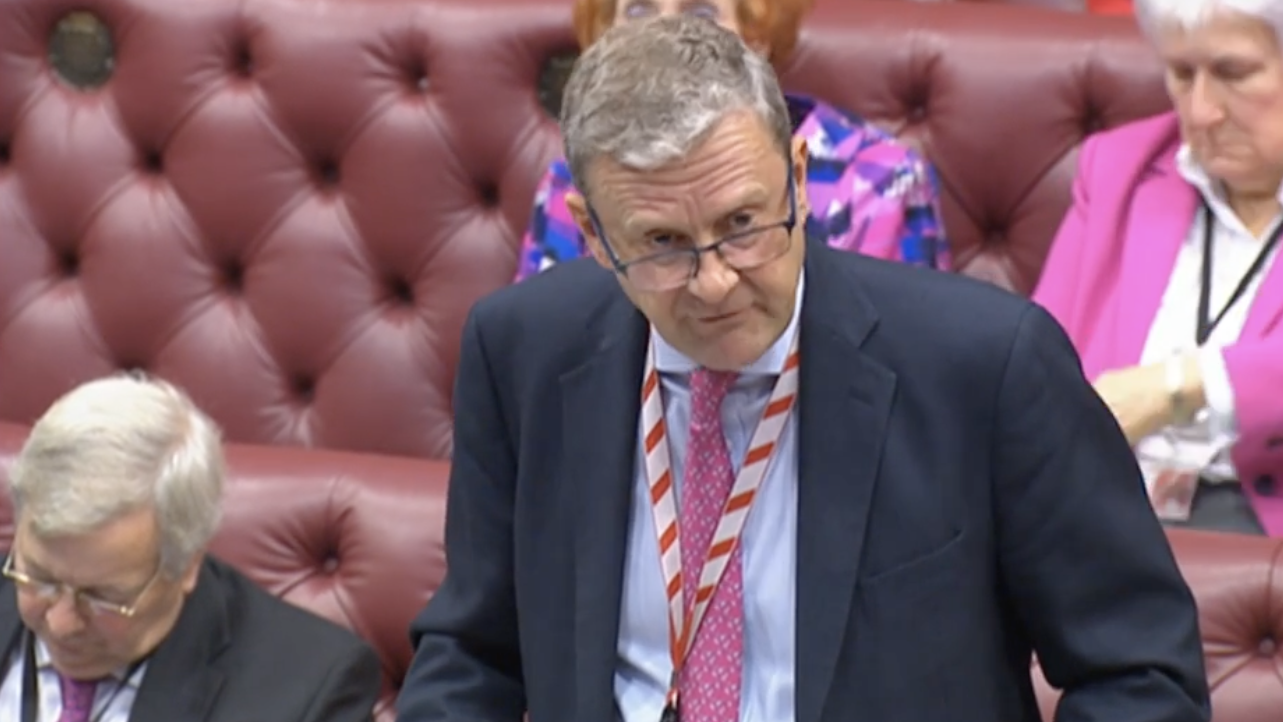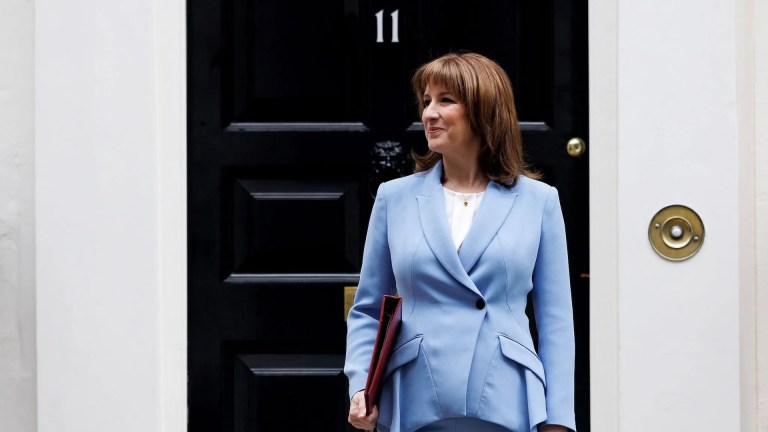A senior Department for Levelling Up, Housing and Communities official also told MPs that councils had complained 28 days was not being afforded.
Carly Whyborn, executive director of Refugees at Home, a charity which matches homeless refugees with hosts, said the government needed to end short-notice evictions.
“We welcome more people getting their refugee status, so their lives aren’t on hold. But at a time which should be about a safe start in a new life, people are currently plunged into chaos and fear,” Whyborn told The Big Issue.
“The recognition by the government that this change in practice on evicting new refugees has had an impact doesn’t go nearly far enough. What is needed is an end to short-notice evictions, so new refugees can build their new lives safely and with confidence.“
Members of the House of Lords, as well as refugee campaign groups, have been asking for the period to be extended to 56 days, in line with wider homelessness law.
Labour went on the attack over the government’s failings, saying decision makers were sticking their heads in the sand.
“The reality for many refugees who’ve just had newly granted status is they’re required to leave their accommodation, often within seven days that they’re given their notice to quit,” said Labour’s home affairs spokesperson in the Lords, Vernon Coaker.
“The reality of that means they’re forced to go to local authorities and many of them are homeless or on the streets. That’s the reality, and that’s a result of government policy. All the minister tells us is everything’s fine – it’s not, and it needs sorting out.”
Sharpe insisted seven-day evictions were not happening as practice, and that refugees receive 28 days notice when they are given their Biometric Residence Permit (BRP).
But, as councils and frontline charities have consistently warned, a change in practice made in August saw the 28 day period begin when they were told their claim had been granted. Often, refugees had to then wait for a BRP to be delivered, meaning a reduction in the time afforded.
The government said refugees are afforded at least seven days notice after receiving a BRP, and that they should receive a BRP before being given a notice to leave temporary accommodation.
A government spokesperson said: “Once a newly recognised refugee receives a biometric residence permit, they get 28 days to move-on from asylum accommodation.”
“Support is also available through Migrant Help and their partners, which includes advice on how to access Universal Credit, the labour market and where to get assistance with housing.”
“We are working with local authorities to manage the impact of asylum decisions as the legacy backlog reduces.”






